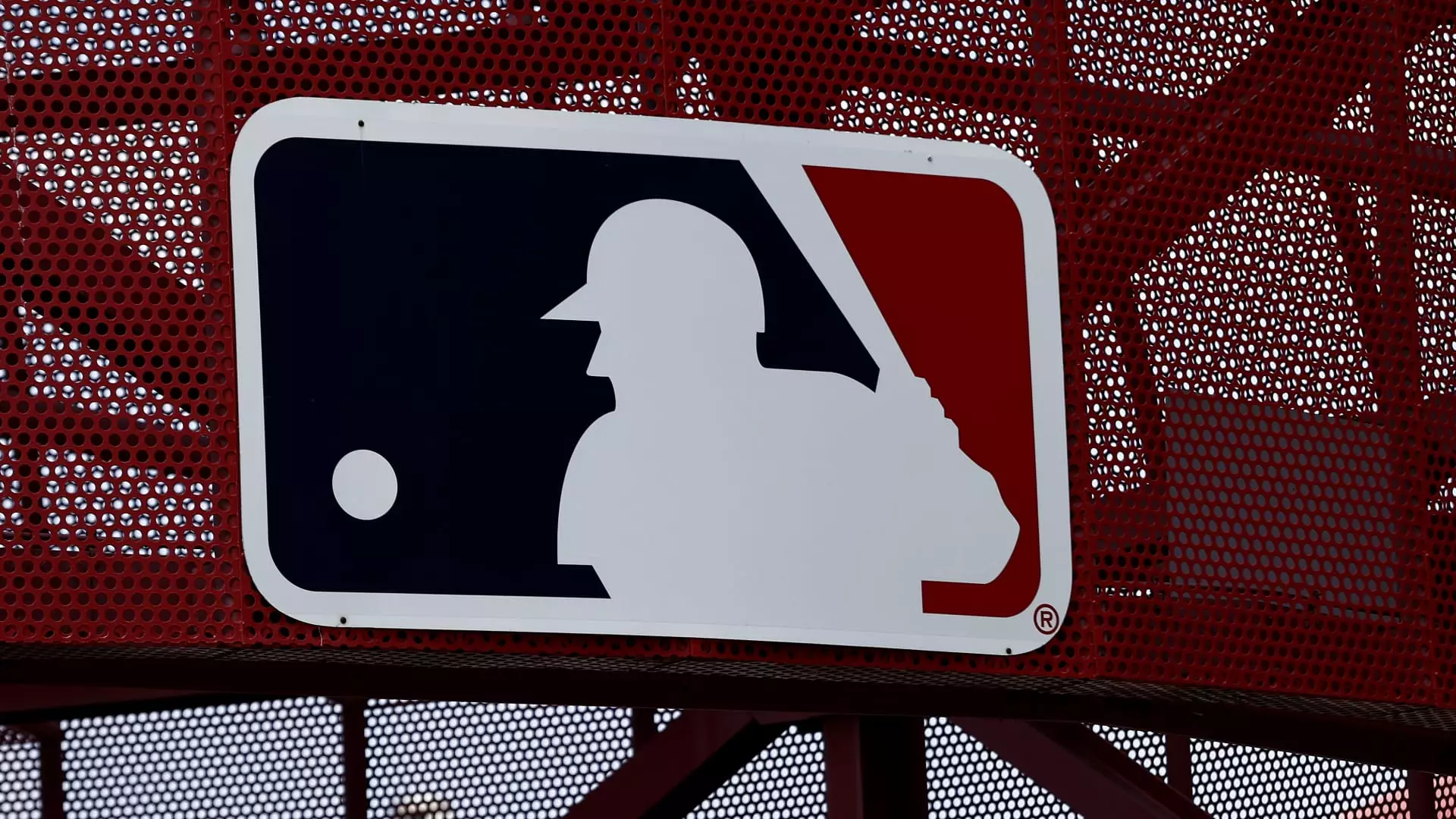The world of sports broadcasting is in a state of flux, particularly for regional sports networks (RSNs) like Diamond Sports Group. As the largest owner of RSNs in the United States, Diamond Sports is facing significant scrutiny amid its ongoing bankruptcy proceedings. This scrutiny has been amplified by objections from Major League Baseball (MLB) and the Atlanta Braves, who have expressed serious doubts about the viability of Diamond’s proposed reorganization plan. The stakes could not be higher for all involved, as the future of local broadcasts—and potentially the financial well-being of several MLB teams—hangs in the balance.
In recent court filings, both MLB and the Atlanta Braves voiced their “grave concerns” regarding the restructuring plans put forth by Diamond Sports. Their objections highlight a pervasive anxiety that the company may once again face financial distress shortly after emerging from bankruptcy. Such fears are particularly poignant considering the high level of uncertainty surrounding the details of the proposed reorganization, which spans dozens of pages but lacks clarity in critical areas.
MLB and the Braves have a vested interest in ensuring that Diamond Sports succeeds because of its integral role in broadcasting local MLB games. Their objections are rooted not just in skepticism about the current plan but also in the apparent lack of information regarding Diamond’s long-term strategy, particularly concerning its commercial partnership discussions with tech giant Amazon. With more sports fans migrating away from traditional cable packages, clarity surrounding Diamond’s direct-to-consumer strategy becomes increasingly crucial.
Diamond Sports has faced challenges in providing comprehensive information to stakeholders, citing confidentiality agreements with cable operators and distribution partners. This lack of transparency has frustrated those who are expected to rely on Diamond Sports for local game broadcasts. Concerns over secrecy led MLB officials to request further clarification about various financial agreements, including a recent partnership with FanDuel concerning naming rights for the RSNs.
This insistence on greater transparency is not merely procedural; it’s a necessity for maintaining trust between MLB, its member teams, and Diamond. Trust is particularly vital in an industry that thrives on relationships, both among stakeholders and fans. The ambiguity surrounding Diamond’s restructuring not only jeopardizes the financial stability of its own operations; it also risks creating disillusionment among fans who depend on local broadcasts for engagement with their teams.
The Braves are not alone in their discontent. As part of a broader concern, several other MLB teams are navigating their futures with Diamond Sports. While the Braves have confirmed their commitment to remaining in partnership with Diamond, other teams have taken a different route, seeking alternatives. For instance, the Cincinnati Reds have recently opted to exit their regional sports network owned by Diamond, a decision that could indicate a trend among teams seeking more reliable broadcast arrangements.
The implications of these developments are manifold. Not only does the potential disruption of broadcasting affect team revenue streams, but it also has the power to reshape fan engagement. As more teams consider moving away from Diamond Sports, the landscape of regional sports broadcasting could shift significantly, potentially leading to new partnerships or platforms that align better with the demands of modern sports viewership.
As Diamond Sports Group prepares to seek approval for its reorganization plan, the concerns raised by MLB and the Atlanta Braves illuminate the precarious position in which the RSN finds itself. The outcome of these proceedings will have far-reaching implications not just for Diamond, but for the teams that rely on it for broadcasting their games. With uncertainties surrounding sponsorships, emerging digital platforms, and shifting consumer habits, Diamond Sports is at a critical juncture.
While the path to recovery is laden with challenges, the evolving landscape of sports broadcasting offers opportunities for innovation. The key will be whether stakeholders can collaborate transparently to navigate these turbulent waters, ensuring that fans continue to have access to the games they cherish. Only time will tell if Diamond Sports can successfully reorganize and emerge as a viable entity in this new era of media consumption.

